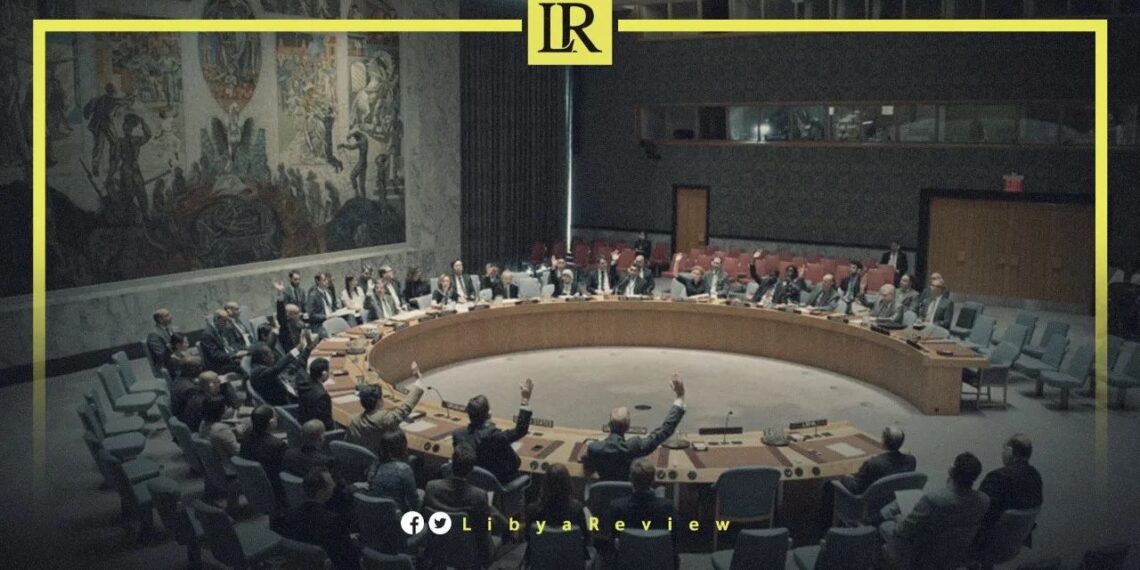The United Nations Security Council is expected to hold a session on Libya this February, where the UN representative will provide a monthly briefing on the country’s latest political, security, and humanitarian developments.
According to the Security Council Report, a platform affiliated with the UN, the session will also include an update from the UN Sanctions Committee on its recent activities in Libya.
Security Council members are also considering a closed-door meeting with representatives of Libya’s rival governments to explore ways to break the country’s prolonged political deadlock.
The Council remains unified in its position that Libya needs a comprehensive, Libyan-led political process that leads to elections and restores stability. The international community continues to support the UN’s mediation efforts to help Libya achieve security and economic recovery.
On January 9, the Security Council held a closed consultation at Russia’s request to receive an update from the UN Under-Secretary-General for Political and Peacebuilding Affairs, Rosemary DiCarlo, regarding the appointment of a new UN envoy to Libya.
Members were informed of Secretary-General António Guterres’ intention to appoint Hanna Tetteh of Ghana, who previously served as his Special Envoy for the Horn of Africa.
After informal discussions, the Security Council approved Tetteh’s nomination on January 24, leading to her official appointment by the Secretary-General. This appointment also resulted in the automatic extension of the UN Support Mission in Libya (UNSMIL) mandate on January 31.
As Libya remains entangled in political stagnation, the upcoming Security Council session is expected to focus on finding viable solutions to advance the political process, support UN efforts, and address ongoing security and humanitarian concerns in the country.
With Libya still mired in political stagnation, the upcoming Security Council session is expected to focus on possible solutions to move the country forward.
The briefing will likely address ongoing security concerns, humanitarian issues, and international efforts to facilitate elections. As Libya remains a key issue on the global stage, the UN’s role in resolving the crisis continues to be a priority for the Security Council.


